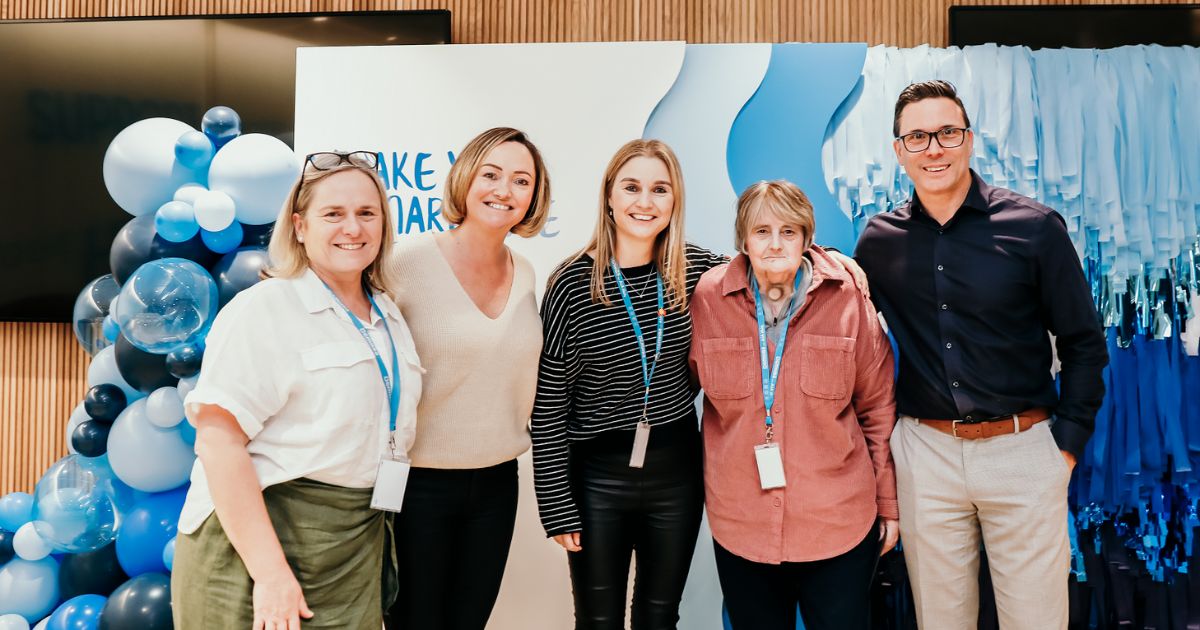Barwon Health, Deakin to collaborate on disease research

Professor Eugene Athan will be one of the leaders of the Centre of Infectious Disease and Immunology Research. Photo: FACEBOOK/BARWON HEALTH
BARWON Health and Deakin University will extend their long-running collaboration to create a new disease research centre in Geelong.
Announced this week, the Centre for Innovation in Infectious Disease and Immunology Research (CIIDIR) will build on existing strengths in human infectious disease, microbiome and immunology research, linking to a national network to enhance the response to emerging and existing infectious diseases both locally and internationally.
CIIDIR will be led by Deakin Professor of Systems Epidemiology of Infection Alyssa Barry and Barwon Health clinical director of the public health and health service partnerships directorate Eugene Athan.
Professor Barry said CIIDIR would improve cross-disciplinary collaboration on locally relevant and internationally important research.
“CIIDIR will harness collective capabilities to strengthen and build links with external partners as a ‘Hub of Research Excellence’ in population-based infectious disease, microbiome and immunology research,” she said.
“It will link previously disparate research areas, leveraging laboratory, population-based and clinical research strengths and provide new opportunities for transdisciplinary collaborations.”
Professor Athan said the COVID-19 pandemic highlighted the enormous risk infectious diseases posed to global health and stability.
“As the pandemic took hold in 2020, initiatives such as the Deakin-Barwon Health COVID-19 Research Taskforce highlighted the collective power of infectious diseases expertise in Geelong,” he said.
“Several high-profile infectious diseases researchers, clinicians and public health practitioners rapidly mobilised to establish a COVID-19 Observational Cohort Study and to develop transdisciplinary research projects.
“Throughout the same period, Deakin and Barwon Health have increased capacity in microbiome and immunology research.
“There is an opportunity to capitalise on the population health and laboratory capacity to strengthen these areas further and to complement nutrition and mental health research in the building.”
CIIDIR researchers are already at work, running a prospective cohort study of all COVID-19 cases in the Barwon South West region, which will aims to understand the natural history, complications and immunity of local COVID-19 cases.
Supported by a $3 million NHMRC Partnership between Barwon Health, Deakin University, CSIRO and the University of Melbourne, the CIIDIR infectious disease research team is also leading several clinical studies of buruli ulcer and a large case control study to help identify the potential environmental and behavioural factors causing disease transmission.
Researchers are also contributing to the global effort to eliminate malaria by investigating novel treatments, resistance to treatment and vaccines, and working with malaria-endemic countries to enhance surveillance and control efforts.

















